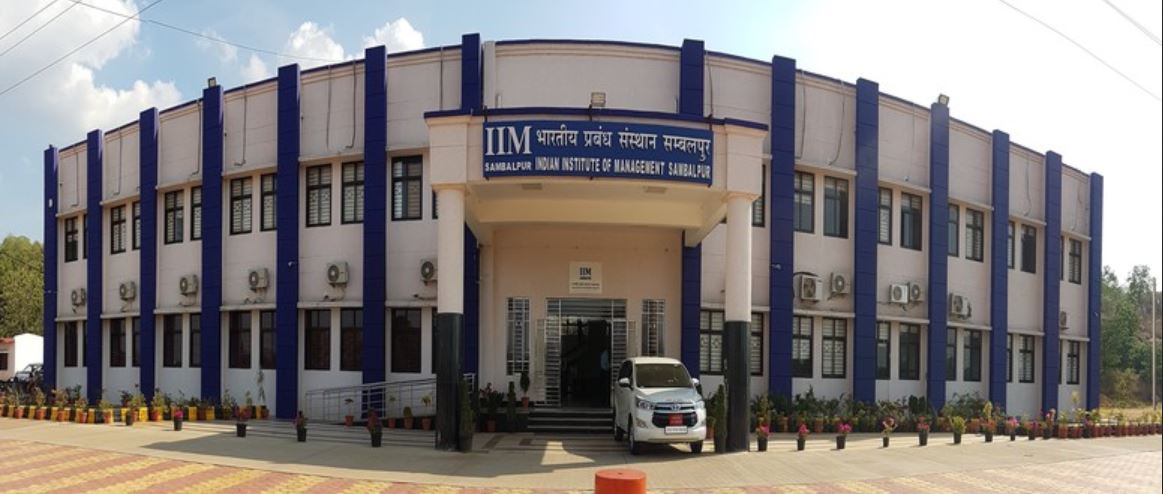2 lakh Odisha workers suffer in hellish Andhra kilns
They are loaded onto trains like goats, wide-eyed and scared. Few know where they are being herded to or where the trains – the Korba-VSKP Link Express and the Durg-VSKP Passenger – are going. They are pushed into unreserved compartments, one stacked above the other like sacks of rice. Some die without food or water; others from sheer heat. But no one cares. It’s modern-day slavery at its worst.
Every year in November, brick kiln workers with hunger gnawing inside them migrate from Odisha to Andhra Pradesh to escape abject poverty. This ‘distress migration’, which happens during the lean agricultural months, soon descends to a hellish existence as these workers have 18-hour work days, regular assaults and inhuman beatings.
“Some seem to have lost their minds in the process,” says Subhadeep Kumar, a University of Hyderabad (UoH) student. “I don’t think they were that way when they were recruited.” 
Sudhir Katiyar, project director of Prayas Centre for Labor Research and Action (PCLRA), says, “There are at least 2,00,000 Odisha brick kiln workers in Andhra. They are a perfect example of slavery in modern times.”
These workers migrate from Balangir, Koraput, Kalahandi, Kandhamal and Bargarh districts of west Odisha. “Government schemes are not implemented properly here,” says Trilochan Punji, president of Zindabad Sangathan which led to the formation of a union in Balangir. “NREGS mein ghotala hai (It’s a scam). They don’t get paid for any work.”
The state administration, meanwhile, has turned a blind eye to this migration. “We approached the Balangir district labour officer, but he did not respond,” says Punji. “Why should he? The sardars are getting these people work outside the state, so the administration doesn’t need to worry about their employment.”
They are then sent to kilns in Ranga Reddy, Medak and Nalgonda districts of Andhra where they work for a pittance. According to the Minimum Wages Act, a pair of workers should be paid Rs 367 for making 1,000 bricks. But in reality, a family (3-4 members) is paid just Rs 150-200.
Things got so bad last March that there was an uprising of workers in Dundigal village in Ranga Reddy district demanding just payment. The police detained the organizers and then allowed the employers a free run to flex their muscles, says Katiyar. “We have filed six group cases for payment of minimum wages and there has been absolutely no action by the labour department,” says Katiyar. When Kantabanji superintendent of police Avinash Kumar caught some brick kiln owners last year, he was transferred within a fortnight.
If these workers try to walk out, they are threatened with physical assault or beaten up. Goons follow them wherever they go. With no spare cash, fleeing at night is also impossible. Children too aren’t spared. They are made to flip bricks while they’re drying because the heavier palms of adults may lead to cracks.
When the Human Rights Forum approached authorities to do something, they were asked why the labourers can’t just leave, says P Madhavi, Hyderabad committee convenor of the organization. “But where will they go? They have nothing to go back home to. The solution is to protect their rights.” Meanwhile, a committee comprising the Indian Federation of Trade Unions, HRF, Action Aid and UoH has been formed to see that the voices of these exploited workers are heard.
Related
This site uses Akismet to reduce spam. Learn how your comment data is processed.






 IIM Sambalpur
IIM Sambalpur
Leave a Reply